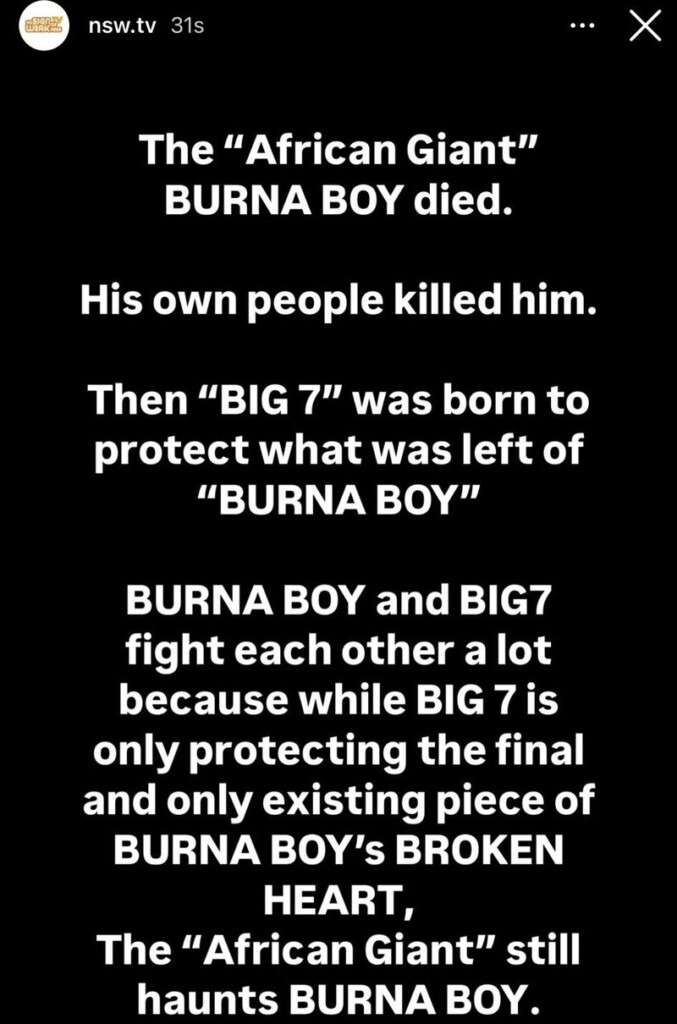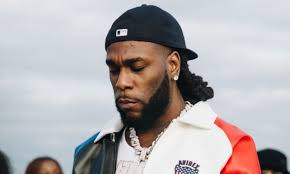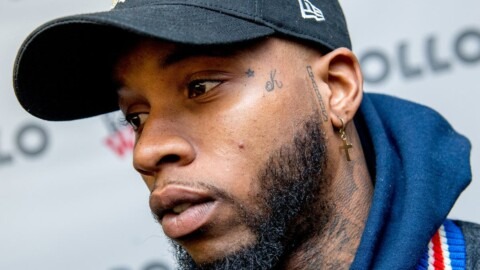In a candid and emotionally charged revelation, Burna Boy has declared the symbolic death of his famed alter ego, “The African Giant.”
The Grammy-winning artist made the statement via the Instagram page of his forthcoming album No Sign of Weakness, explaining that the persona that once defined a pivotal era in his career has been buried—by his own people.
“The African Giant is dead,” Burna Boy wrote, “and it was my people who killed him.” This announcement not only signals a turning point in his artistic evolution but also underscores the persistent tension between the singer and his home audience.
According to Burna Boy, what remains of him is a new identity he calls “Big 7”—a complex and brooding persona that reportedly guided the creative direction of his last album, I Told Them.
He explained that “Big 7” is now in a constant battle with another side of him—the lover boy. “There’s this war in me,” he hinted. “Big 7 is who I am now, but the lover boy keeps trying to break through.”
This duality speaks to the inner conflict that fuels his music and public expressions, revealing a man grappling with acceptance, purpose, and vulnerability in equal measure.
The demise of “The African Giant” also marks the end of Burna Boy’s era of heavy Pan-African messaging—a trait that shaped albums like African Giant and Twice As Tall.
Through those projects, he championed African unity and black consciousness, gaining critical acclaim globally.

However, behind the international praise has always been a more complicated domestic narrative.
Burna Boy has often accused key players within Nigeria’s music industry, including the media, of blacklisting him and downplaying his achievements.
This sense of betrayal, he suggests, was a nail in the coffin for the once-vibrant African Giant.
His strained relationship with Nigerian fans has become a recurring theme in his career.
Earlier this year, he controversially claimed that Nigerian social media fans are incapable of helping an artist sell out a stadium, a statement that sparked outrage.
He also dismissed local success metrics, saying, “Being number one in Nigeria doesn’t mean anything. The streams don’t even pay.”
These remarks have drawn criticism but also reflect Burna Boy’s frustration with what he perceives as a lack of real support from the same ecosystem that first gave him a platform.
As he prepares for the release of his eighth studio album No Sign of Weakness and a high-profile collaboration with American rapper Travis Scott, Burna Boy’s statements seem to follow a familiar pattern of provocation preceding new work.
But beyond the controversy lies a deeper narrative—one of transformation, disillusionment, and self-reinvention.
Whether “Big 7” becomes the new face of Burna Boy’s musical legacy remains to be seen, but one thing is clear: the African Giant is gone, and in his place stands an artist still wrestling with his roots and his reach.










